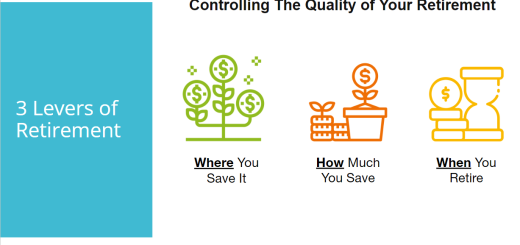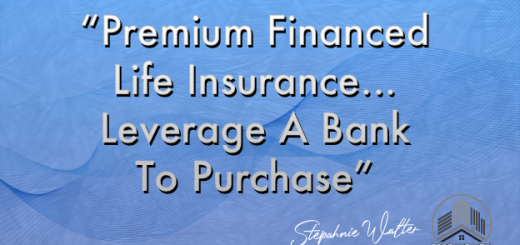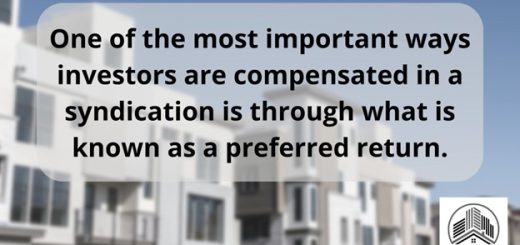Biggest Risks
by Erbe Wealth · Published · Updated
What are the biggest risks of investing in syndicated real estate deals?
This is a question I hear all the time. There can be a lot of different risks that the average investor is not aware of.Risk 1
The first one is selecting a bad operator. Now, an operator in a syndication deal is just the professional that finds the deal—you know, gets the financing in place, does all the due diligence, and raises the money. More importantly than anything else is that once the deal is closed, they are responsible for running the deal.
The property summary is what you’re given to have a detailed look at this deal and see if you’re interested in investing. The property summary goes over what our strategy is in the investment. It details if we are planning to buy and hold it, or if we’re planning on doing a value-add play. That just means that we’re going to raise the rents to market and maybe do some micro renovations and stuff like that to raise the value of the property and then sell it.
The operator is responsible for making sure that the property runs smoothly and according to what we promised our investors. The operator is vital to the performance of the asset. It is common knowledge that a bad operator can take an average deal and make it lose money, literally turn it upside down, whereas a good operator can take a so-so deal and make it super profitable.
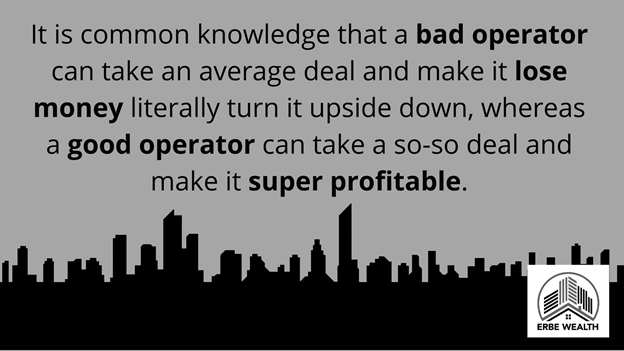
It’s very important to be able to select an operator who has a track record of experience, as well as experience in the market of where the investment is located. They also should have experience seeing highs and lows in the market and showing that they’re able to adapt to those changes.
Risk 2
Another risk is just having a bad deal. That again goes back to the operator evaluating the deal and doing the underwriting. A lot of people in this industry look to buy, especially in this market, for a future appreciation—and yes, that’s how the market has been working for the last four or five years. But at some point, the rents are going to level out, and it’s really important to have been very conservative with your projections to your investors. So, the bad deal could be that, or it could just be the operator has very little experience and is unable to run the deal the way that he promised.
Another problem is a bad market. I think the closest thing we have to explain that is what we experienced during COVID. We saw that there were certain markets around the country where it was very bad to have invested in multifamily properties.
We do extensive research in the markets that we buy in, and basically, we purchase in, mainly in Florida. For us during COVID, that was an incredibly smart thing because the they had the population continuing to work largely unmasked. Now regardless of what your political beliefs are, Florida’s economy just kept rolling. The properties we purchased there have done very well. So, selecting a great market is hugely important for the operator to do well. You, as the investor, need to determine whether the operator and his team have experience in the market and have a track record in the market they are purchasing in.
Risk 3
Another risk of investing in multifamily real estate is an economic recession, and basically, everybody’s worried about that future economic recession. It’s essential in this scenario to know that your operator is investing in very recession-resistant properties. Historically, in the multifamily space, we have found that B class properties do very well in recessions. There are A class, B class, C class, and D class properties, which really just indicate the age of the building, the amenities available to the tenants, the grade of school systems available, and things like that. A is the best, and D is the worst, generally speaking.
The B properties tend to perform best historically. We’re not talking about just this last recession, but countless recessions in the past have weathered very well.
The reasoning for that is when there is a big recession like the one in 2007-2008, people may lose their house and want to move into a B class asset type. Not the very nicest one (A Class), but one that is in a good school district and a safe place. And so, during recessions, B properties tend to do well.
The second way to avoid issues that would come with an economic recession is knowing the market and getting a good deal on the property when we buy it—in other words, making money when you purchase the property on the buy.
In our case, our company only buys properties that come to us off-market. These listings are called “pocket listings,” and as such, we look at hundreds of them. Our goal is to make our money on the buy so that there’s already equity in the deal. It’s just good for us and, more importantly, for our investors.

Risk 4
The last risk that I can think of when becoming an investor in multifamily is a lack of transparency, which goes back to the sponsor. And this is actually a really big one that I come across all of the time when talking to investors; we are extremely transparent.
We provide monthly reports on how the building is performing. Our reports are extremely detailed. They go over how many vacancies there are. What sort of expenses did we pay out, and what work orders are being paid out in the units? We report what kind of renovations were done, how many renovations have been done, and how many still need to be done? How many leases are coming up? And how much did we increase the rental amount?
So, it really gives the tenant a snapshot picture of how the property is going. Those reports are hugely important to our investors and us, but the bigger issue is that our investors are able to reach us at any time.
Our goal is not to have one or two properties done and then leave this multi-family investing space. We’re looking to have a long, long-term relationship with our investors and do this for a long time, so we want our investors to be super happy to invest with us again and again.
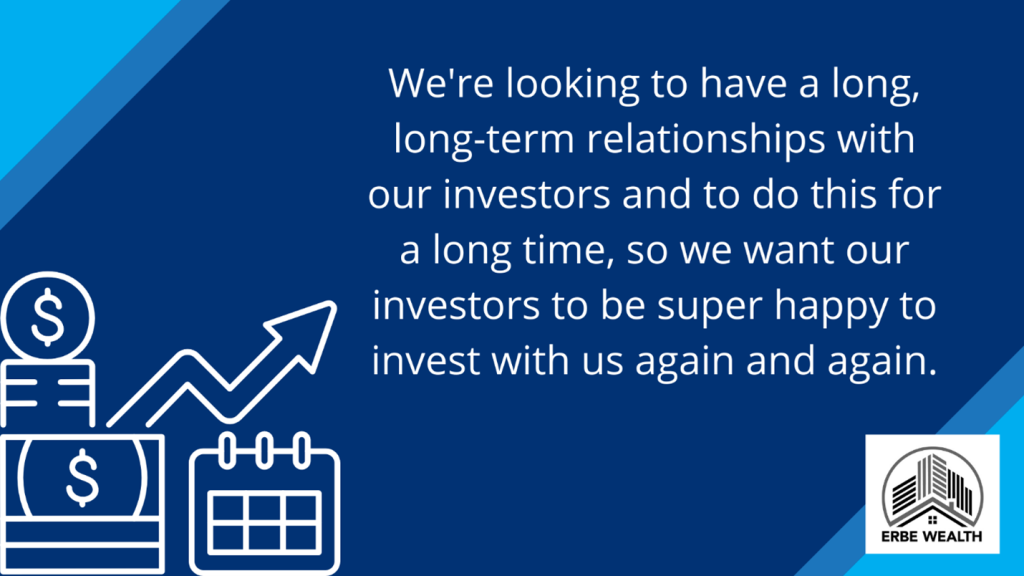
I think the most significant compliment I got recently was from my investor who works in developing real estate projects and acquiring his own investors.
He said, by looking at my investor’s reports and communication he was so impressed that he showed his partner these reports as an example of something that they wanted to do as a template for their own best practices investor communications.
That makes us feel great because there is nothing more important to us when you are investing people’s money than to be transparent and please our investors.
Final Thoughts on the biggest risks of investing
Avoiding the biggest risks in a syndication will provide you with peace of mind when you invest your money. The risk of losing all of your money is slim, but you may not earn the returns projected by not fully vetting the syndication team.
Be sure they have a proven track record in the market that you are investing in.
Most importantly avoid lack of transparency by talking with the syndicator before you invest, and have an understanding of how often and in what form they will keep you appraised of your investment. Eliminating these risks will make for a more successful investment.


